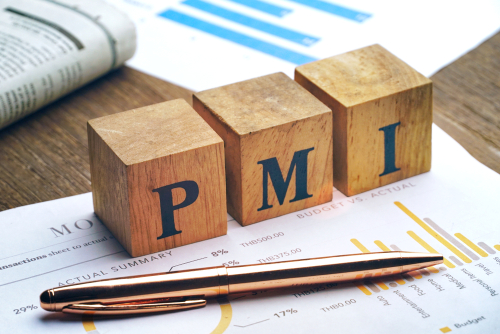After surprising on the upside in January, the seasonally adjusted Absa Purchasing Managers’ Index (PMI)
declined to 48.8 index points in February from 53 in January. This was the first time since September 2022 that
the headline index fell below the neutral 50-point mark, pointing to a marked deterioration in business
conditions in the factory sector. Indeed, the business activity and new sales orders indices were both in
contractionary terrain, with demand dipping for a second consecutive month. The February survey period
included an unprecedented seven consecutive days of stage 6 load-shedding, which was likely top of mind for
many respondents. To be sure, load-shedding once again featured frequently in the commentary where
respondents explained why activity declined relative to the previous month. A glimmer of good news was that
export sales rose to the best level in a year, implying that producers supplying solely to the domestic market
likely had a tough month. In line with a weaker output picture, the employment and inventories indices also
came in below the neutral 50-point mark.
There was more bad news in the form of a sharp decline in the index measuring expected business conditions
in six months’ time. The index fell to 46.8 points in February, which is the lowest level since May 2020. This
means that respondents have not been this downbeat about future conditions since the country was slowly
moving out of the strictest phase of the COVID-lockdown.
Furthermore, the purchasing price index surged higher for a second month to reach the highest level since
September 2022. The survey took place while the rand was very weak (against the US dollar), largely trading
above R18/$. This would have filtered through to the costs of especially imported raw materials and
intermediate goods. The surge in the PMI’s price index suggests that we may see a renewed acceleration in
factory-gate prices. That said, the index remains well below the peak reached in the first months of 2022.
























